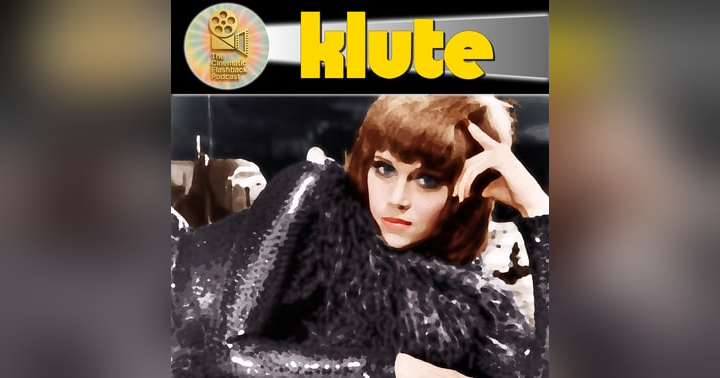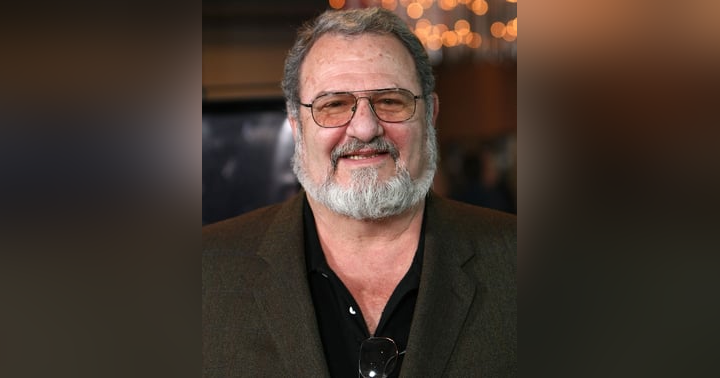Super Fly (1972): The Hustler Who Wanted Out – A Deeper Look at a Blaxploitation Classic

When you hear the name Super Fly, maybe you think of fur coats, Cadillac Eldorados, and Curtis Mayfield’s silky falsetto. Maybe you imagine Harlem streets in the early 70s, stylized to the edge of fantasy. But listen a little closer to what star Ron O’Neal said in a post-release interview: this wasn’t a movie about getting rich slinging coke. It was a movie about getting out.
That’s what makes Super Fly so much deeper than it gets credit for. On the surface, sure, it’s a crime drama about Priest, a drug dealer who’s got the clothes, the apartment, the car, and the cash. But that’s not the story. That’s the setup. The story is about what it takes to leave all that behind.
Priest isn’t chasing power. He’s trying to escape it.
What makes his journey so compelling is that the film takes time to show what he already has. Priest lives in comfort. His partner Eddie is content, maybe even thriving. Yet while Eddie sees the life as something to protect, Priest sees it as a trap. This is a man who’s figured out the game only to realize that winning it doesn't mean freedom. It means deeper ties to “the Man,” more risk, and less control.
And here's the thing: nobody thinks he can get out. Not Eddie. Not Cynthia. Not even Scatter, his mentor. They either accept the world as it is or they’ve already been swallowed up by it. Priest, on the other hand, is willing to bet everything on a different future. He takes his own money, risks betrayal, makes a deal with the mafia, and comes out swinging.
That final scene? Priest walking away from “the Man,” head held high, after calling his bluff. That’s not just style. That’s victory.
Director Gordon Parks Jr. and writer Philip Fenty didn’t glamorize the street life—they showed it for what it was: gritty, risky, and often a dead end. But they also gave their hero the one thing so many others didn’t get in these kinds of stories. They gave him a way out. They gave him hope.
So no, Super Fly isn’t about building a drug empire. It’s about tearing one down, at least for one man. It’s a film that dares to imagine a different ending for a Black protagonist in the 1970s. Not handcuffs. Not a bullet. But a car door slamming, a look over the shoulder, and a clean break.
As Ron O’Neal put it, this was never about the high life. It was about the exit plan.


